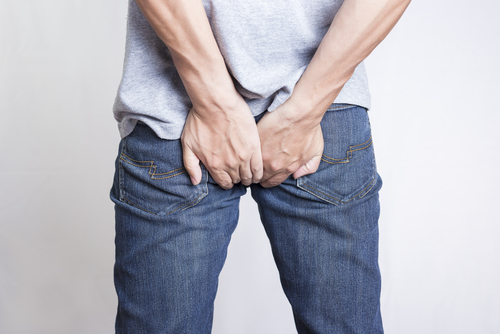DIAGNOSIS
The goals of proctitis treatment are to reduce inflammation, control pain, and treat infection. Specific treatments depend on the cause of proctitis. Managing underlying conditions helps to relieve symptoms. Medications may be used to treat STIs or clear up symptoms. Surgery may be needed if you have ulcerative colitis or Crohn’s disease.
RECOMMENDED MEDICATIONS
Several types of medication are used to treat proctitis:
- Anti-inflammatory drugs, such as corticosteroids, reduce inflammation and provide pain relief.
- Antibiotics and antifungals clear up STIs and other infections.
- Immunosuppressants treat symptoms of Crohn’s disease and other autoimmune diseases.
Your doctor will prescribe medication based on the symptoms of your proctitis and its underlying cause. Medications may be taken orally, applied topically, or delivered by an enema. With an enema, treatment is placed directly into the rectum.
Surgery
You may eventually need surgery if you have ulcerative colitis or Crohn’s disease and frequent cases of proctitis. Ulcerative colitis and Crohn’s disease are two autoimmune diseases that affect your digestive tract.
Inflammation and sores in the digestive tract can cause severe pain, malnutrition, and weight loss. In some cases, removing the damaged area is the only effective treatment.


